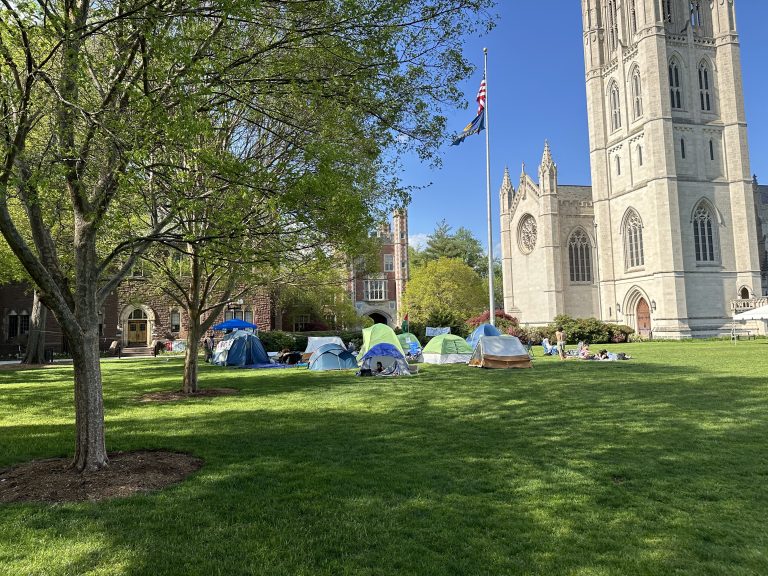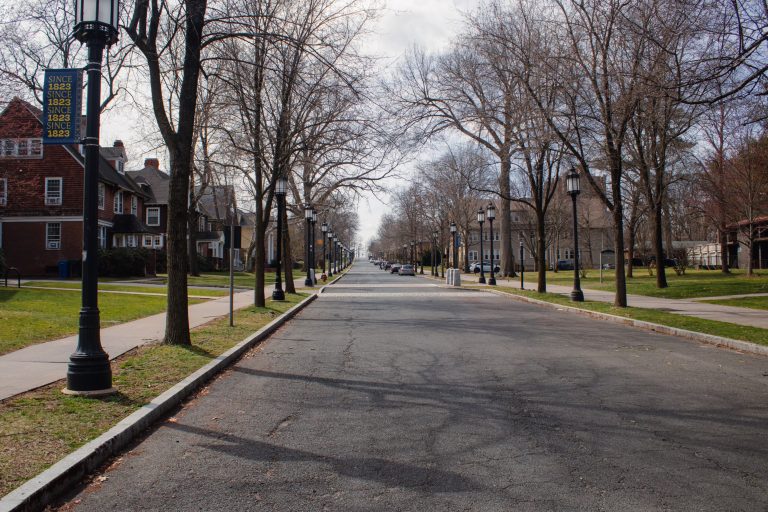BHUMIKA CHOUDHARY ’18
CONTRIBUTING WRITER
Trinity College formed a chapter of the American Association of University Professors (AAUP) in Spring 2017 to address concerns about faculty governance, the escalation of deportations, and other issues. The formation of the chapter could not have been timelier because of the incident with Professor Johnny Williams. The event expanded the group rapidly, initiating increased efforts on either teaching or writing on unpopular and controversial topics, which is part of the AAUP’s mission.
The AAUP is a nation-wide organization representing college and university faculty at hundreds of accredited institutions. The mission of the organization is to protect and advance academic freedom for faculty, which entails the right to teach, speak, and write without retribution from the college or university. In addition, the AAUP promotes fair equitable treatment and due process for all faculty by specifically creating and defending contract or employment agreements between the faculty member and the college or university.
Cheryl Greenberg, Paul E. Raether Distinguished Professor of History, along with Scott Gac, Associate Professor of History and American studies, are the co-presidents of the Trinity College AAUP Chapter. The founding goal of the group is to protect all faculty from the erosion of academic freedom and therefore, a number of discussions have been hosted on the scope and importance of academic freedom in relation to the past case of Professor Johnny Williams. Greenberg elaborated on the various projects the group has adopted, which include: working to improve conditions for adjunct and other faculty; collaborating with the administration to create protections on campus for undocumented staff, faculty, and students; exploring ways to address ongoing challenges faced by faculty of color, LGBT, and others;
investigating faculty governance by questioning what the members perceive as faculty’s declining control of curricular and structural issues in connection to Trinity College’s primary mission of teaching and scholarship; organizing a structure for immediate and effective responses to issues concerning the Trinity College faculty. The Trinity College AAUP chapter is working dynamically towards creating a safe, intellectually stimulating environment for all members of the community.
Greenberg recognizes that becoming an AAUP Chapter is significant because it has the ability to unify faculty voice with a national organization, which is both powerful and impactful. “All over the country, the national AAUP and its local chapters protect faculty interests when professors cannot do so as individuals. The principles of fairness, free expression and equity, and of holding colleges and universities responsible for upholding them, are principles we all share, regardless of political affiliation.” Greenberg added, “As with any other collection of individuals working with the same purpose, our voice is stronger when we work together.”
Tuesday, May 14 2024
The Student Newspaper at Trinity College in Hartford, Connecticut








+ There are no comments
Add yours